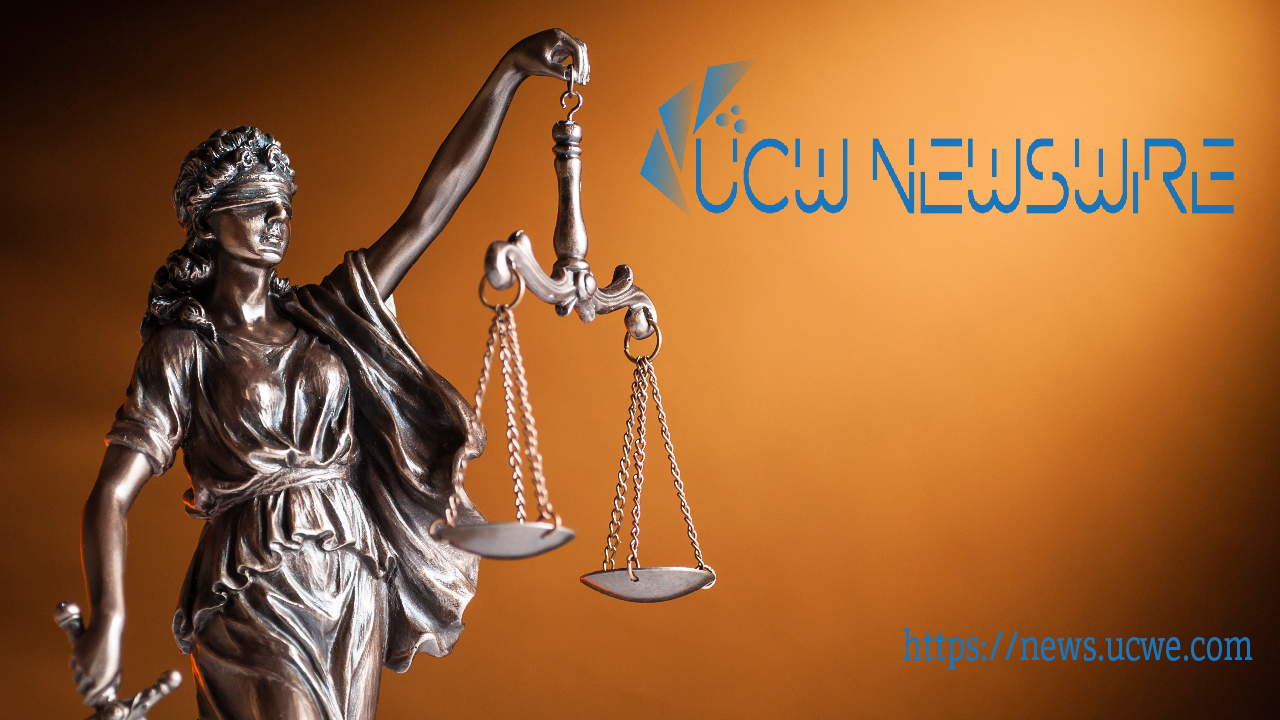Legal Showdown: Coinbase Battles SEC in Pivotal Crypto Regulation Case
In a courtroom drama that unfolded over a five-hour hearing on Wednesday, the fate of the $1.7 trillion cryptocurrency industry hangs in the balance as lawyers for Coinbase, the largest

In a courtroom drama that unfolded over a five-hour hearing on Wednesday, the fate of the $1.7 trillion cryptocurrency industry hangs in the balance as lawyers for Coinbase, the largest U.S. crypto exchange, defended against a lawsuit filed by the Securities and Exchange Commission (SEC). The case, presided over by Federal Southern District of New York Judge Katherine Polk Failla, could set a precedent that shapes the regulatory landscape for the entire crypto sector.
The SEC accuses Coinbase of violating securities laws by allegedly operating as an “unregistered broker-dealer” in trading unregistered digital assets. Coinbase contends that the court should dismiss the lawsuit, asserting that none of the tokens on its platform constitute securities. The exchange argues that there is no underlying investment contract between token issuers and users on the secondary market.
SEC Chair Gary Gensler, a vocal advocate for crypto regulation, aims to bring Coinbase under the umbrella of securities laws. Gensler believes that, apart from Bitcoin and possibly Ethereum, most digital assets fall under the definition of securities according to the 1946 Howey Test, a view contested by the crypto industry. Coinbase argues that the current SEC registration process does not align with the nuances of blockchain technology.
During Wednesday’s hearing, Judge Failla expressed concerns about the SEC’s attempt to broaden the definition of securities in the crypto context. She emphasized the need for a nuanced understanding of what constitutes a security in the evolving landscape of digital assets. Failla’s decision, expected in two to six weeks, could significantly impact the SEC’s ability to regulate the crypto industry.
A ruling favoring Coinbase could hinder Gensler’s enforcement actions against crypto firms and provide relief to the industry resisting SEC oversight. Legal experts believe that the outcome may also influence the ongoing regulatory debate in Congress, where lawmakers are grappling with the applicability of securities laws crafted decades ago to the rapidly evolving world of blockchain and artificial intelligence.
Coinbase’s case is not the only legal battle shaping the regulatory environment. The Supreme Court is currently reviewing a precedent known as the Chevron Doctrine, which mandates courts to defer to an agency’s reasonable interpretation of ambiguous statutes. If overturned, this could limit the SEC’s regulatory power and impact Gensler’s authority over the crypto industry.
GOP Senator Cynthia Lummis, a vocal supporter of crypto, submitted an amicus brief supporting Coinbase, arguing that the SEC’s attempt to fit new crypto assets into existing security definitions exceeds its authority. Lummis and other lawmakers are advocating for legislation to bring regulatory clarity to the crypto industry, recognizing the transformative potential of blockchain technology.
As the crypto community awaits Judge Failla’s decision, the legal clash between Coinbase and the SEC underscores the critical juncture at which the industry finds itself. The ruling could shape the future of crypto regulation, impacting not only Coinbase but the broader ecosystem and the evolving relationship between the industry and regulatory authorities.
Digital Assets Desk

